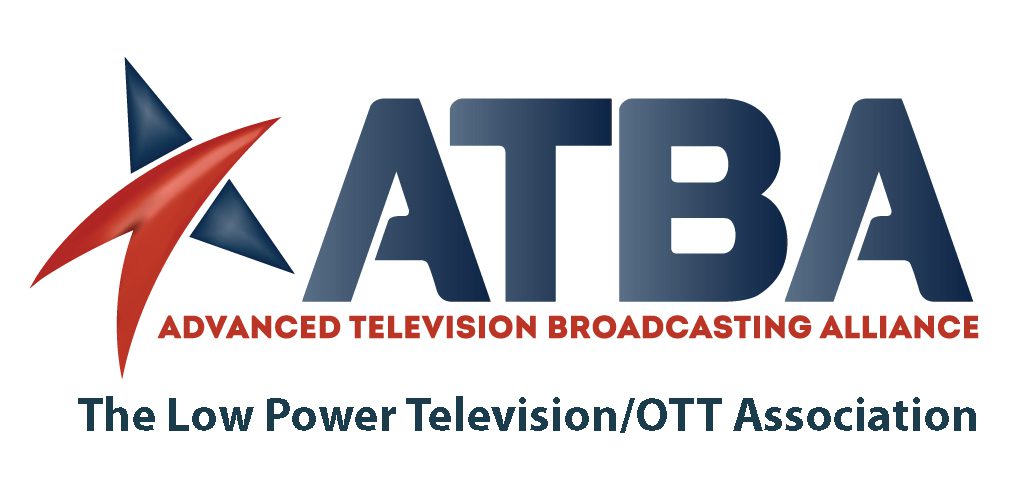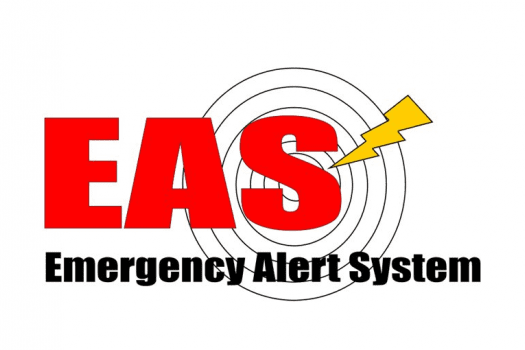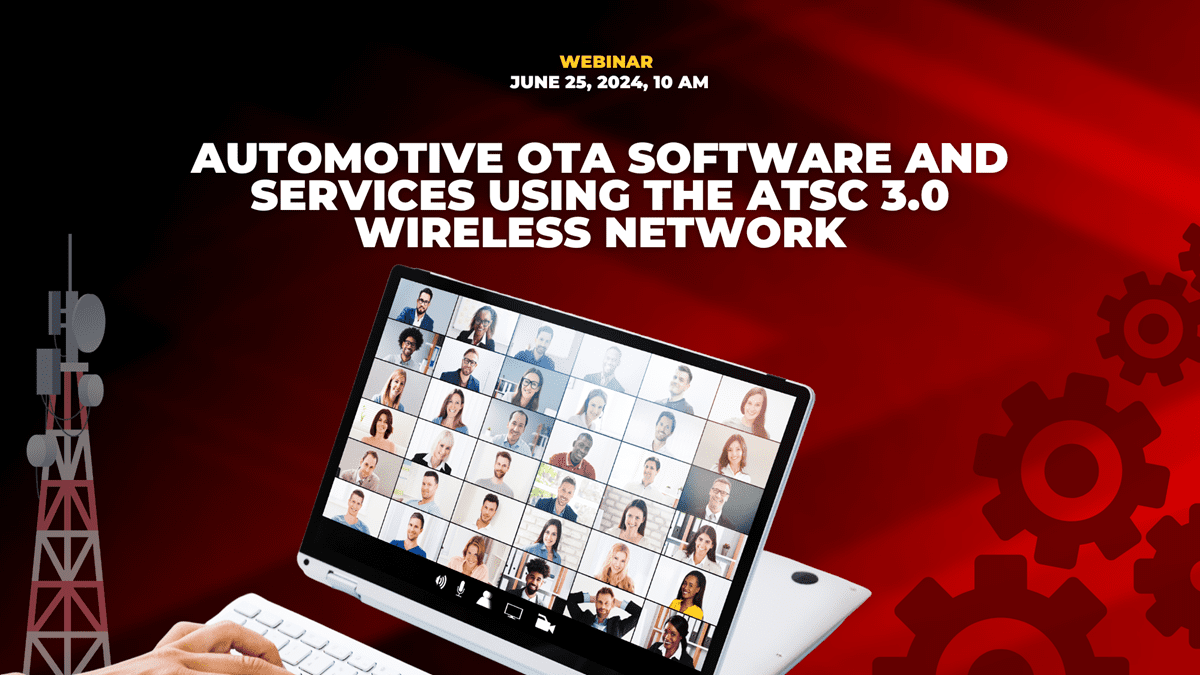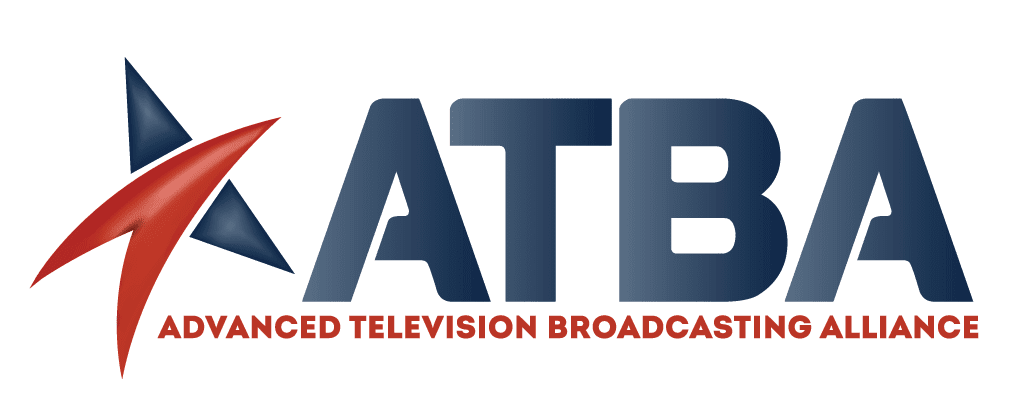In December, the FCC’s Public Safety and Homeland Security Bureau released its report on the August 11, 2021 Nationwide EAS Test. The report highlighted the low participation rates of LPTV broadcasters. Specifically:
- Only 47.4% of LPTV broadcasters filed EAS test reports through the FCC’s EAS Test Reporting System (not counting stations authorized to remain silent).
- LPTV broadcasters accounted for 69.3% of the television broadcasters that were expected to file but failed to do so.
- Of the LPTV broadcasters that did file test reports, 85.7% successfully received the alert (4.4% less than the rate of all television broadcasters) and 72.4% successfully retransmitted the alert (5.4% less than the rate of all television broadcasters).
The FCC’s EAS rules generally extend to LPTV stations with certain exceptions:
- Stations that operate as TV translator stations (stations operated for the purpose of retransmitting the programs and signals of a television broadcast station, without significantly altering any characteristic of the original signal other than its frequency and amplitude) are exempt.
- In addition, stations that operate as satellites or repeaters of a hub station (or common studio or control point if there is no hub station) and rebroadcast 100 percent of the programming of the hub station (or common studio or control point) may rely on a single set of EAS equipment at the hub station.
Section 11.51 of the FCC’s rules requires analog and digital broadcast stations to “transmit, either automatically or manually, national level EAS messages and required tests by sending the EAS header codes, Attention Signal, emergency message and End of Message (EOM) codes using the EAS Protocol.” EAS Participants should monitor two EAS sources in accordance with their State EAS Plan and interrupt normal programming when they receive an EAS code for Emergency Action Notification (EAN), the National Periodic Test (NPT), or the Required Monthly Test (RMT) for their State or State/county location. LPTV stations are not, however, required to have equipment capable of generating the EAS codes and Attention Signal.
EAS Participants are required to participate in national tests and to log their results into the EAS Test Reporting System.
As many LPTV broadcasters continue the process of building out their construction permits and/or transitioning to digital, we suspect that there may be many inaccuracies in the FCC’s data.
To help us better understand the issues facing LPTV stations and advocate on your behalf, please let us know:
(1) if you filed EAS test reports for all of your stations;
(2) if not, why not; and
(3) if there are any issues unique to EAS on your stations we should be aware of.
You can provide this information to us at [email protected]. We intend to compile the information we receive on an aggregate basis, and we will never identify individual respondents without your permission.









